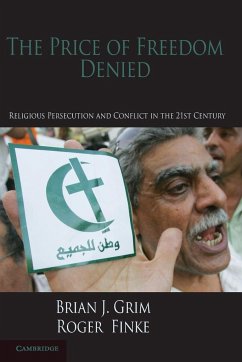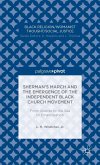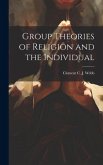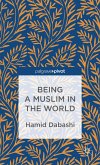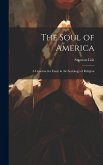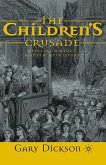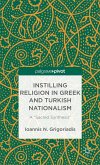The Price of Freedom Denied shows that, contrary to popular opinion, ensuring religious freedom for all reduces violent religious persecution and conflict. Others have suggested that restrictions on religion are necessary to maintain order or preserve a peaceful religious homogeneity. Brian J. Grim and Roger Finke show that restricting religious freedoms is associated with higher levels of violent persecution. Relying on a new source of coded data for nearly 200 countries and case studies of six countries, the book offers a global profile of religious freedom and religious persecution. Grim and Finke report that persecution is evident in all regions and is standard fare for many. They also find that religious freedoms are routinely denied and that government and the society at large serve to restrict these freedoms. They conclude that the price of freedom denied is high indeed.
Hinweis: Dieser Artikel kann nur an eine deutsche Lieferadresse ausgeliefert werden.
Hinweis: Dieser Artikel kann nur an eine deutsche Lieferadresse ausgeliefert werden.
'... provides a data driven but accessible counter argument to Samuel P. Huntington's 'clash of civilisations' theory ... Throughout ... Grim and Finke deal with the most politically and culturally sensitive areas of study with delicacy but also with a directness that is refreshing, most notably in their in-depth exploration of the high rates of religious persecution present in many Muslim-majority societies. By identifying the elephant in the corner that is so often unacknowledged in discussions of conflict - the very nature of Islam itself - the authors provide insight into one of the most politically delicate areas of social scientific study ... [brings] together a decade's worth of research ... a challenge to those who seek to downplay the role of religion in modern conflict and violence ... an invaluable evidence base for policy makers in all countries seeking ways to reduce persecution.' Rachel Dearlove, LSE Politics blog (blogs.lse.ac.uk/politicsandpolicy)

